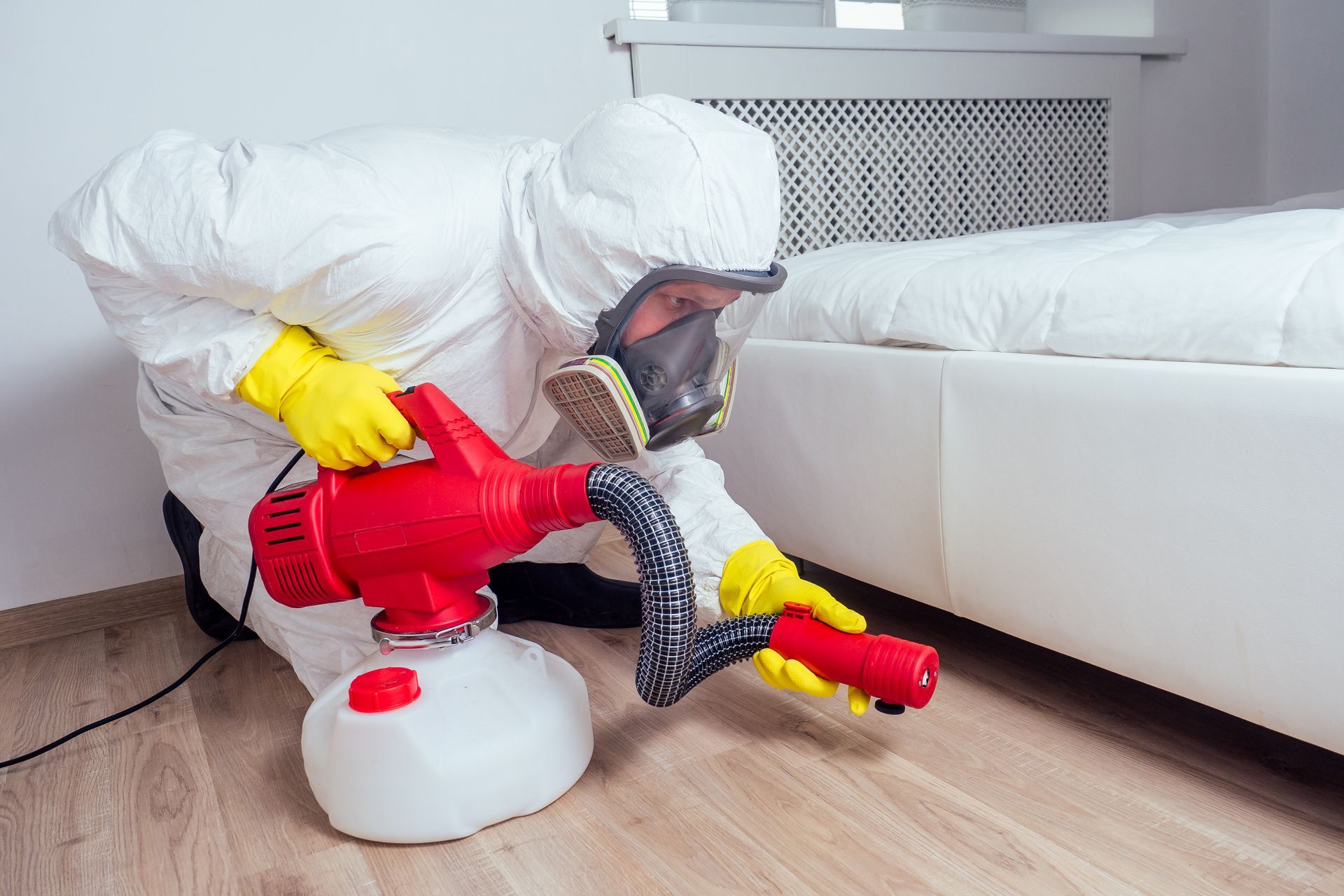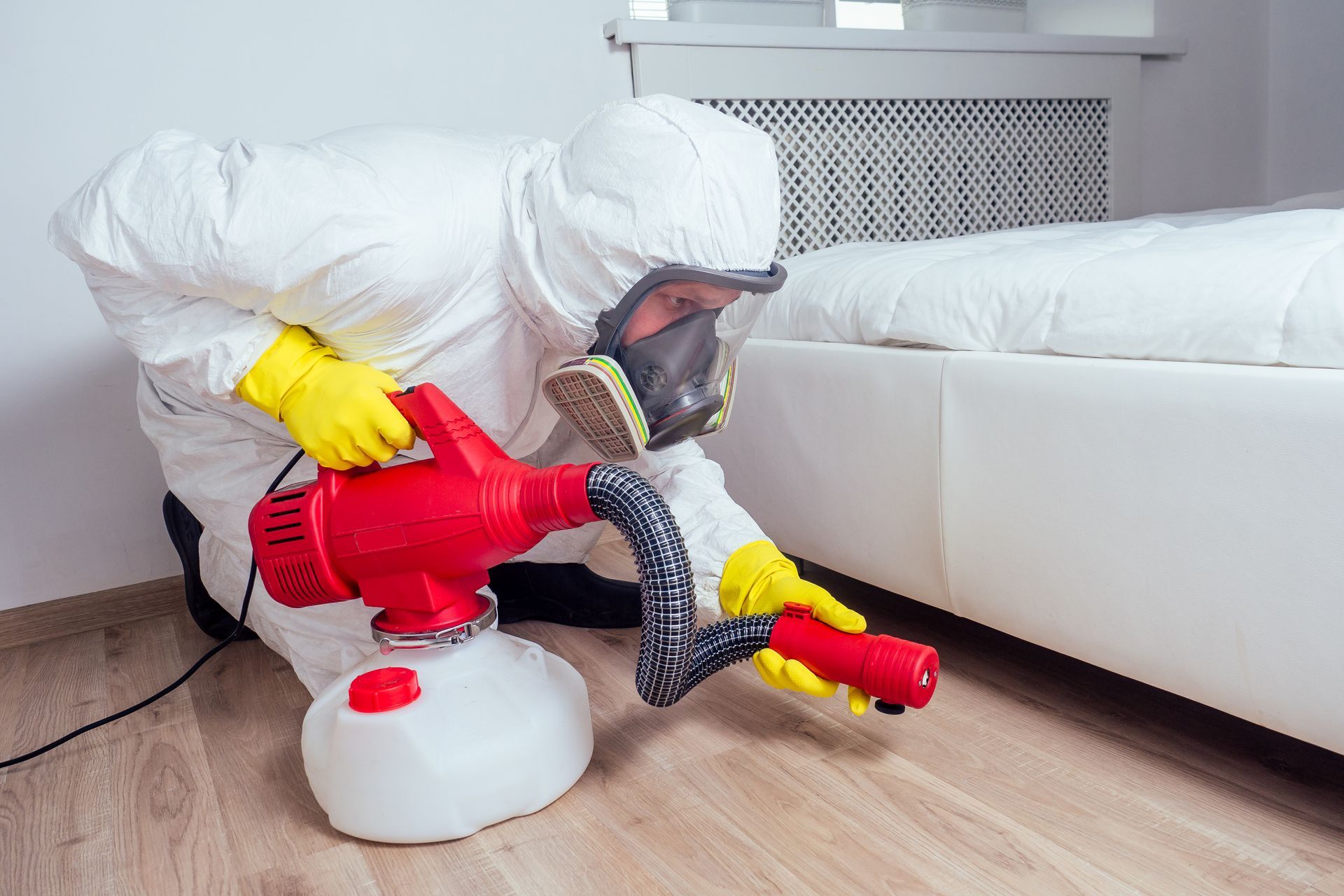Fleas in Winter: Why Your Pets May Still Need Treated
If your snuggly-wuggly little furbaby were living in a natural environment, they’d be able to cross fleas off their list of winter worries. Fleas become dormant during the coldest months of the year, but because your furbaby enjoys a life of luxury, you may still have to treat for fleas in winter.
Why Worry About Fleas in Winter
Since fleas can survive for months in a warm environment, they remain a major indoor-pest concern in winter. If your pet still goes outdoors, you should continue using a prevention/treatment method for fleas in winter. That means owners of dogs and outdoor cats are on the hook for flea treatment year-round.
If your pet doesn’t go outdoors (hello, indoor cat people!), you should still be on the lookout for signs of fleas in winter. Thanks to central heating, fleas can stay comfortable in your home even during the coldest months.
Treating for Fleas in Winter and Beyond
If you use a monthly flea prevention method, continue using it in the winter. The PDSA reports a 20 percent decline in sales of such medications during the winter, but vets chalk this up to a misunderstanding of flea activity. As noted, if your pet comes into contact with fleas in winter or they are already in your home before the season changes, they will remain a problem.
If you spot a flea, remember to treat both your pet and home.
Treating Your Pet for Fleas in Winter
Fleas can cause serious health problems for your pet and are especially dangerous to smaller animals, like kittens, which can die from anemia due to blood loss. To treat for fleas, you’ll want to address your pet and everything they’ve come in contact with.
Talk to your vet about the right direct pet treatment for your furbaby and then break out the cleaning supplies!
Treating Your Home for Fleas in Winter
Does your pet lay on the sofa? Your bed? A pile of clean laundry you haven’t put away yet? Wash it all! Vacuuming the carpet and furniture will pick up eggs and larvae (be sure to empty the vacuum and take the trash out right away). Fleas will not survive a ride in the washing machine, so throw any laundry, blankets, or small pet beds in the washer if possible.
For light infestations, you may also consider buying over-the-counter products to treat your home. These often have a low concentration of insecticide, which has been approved for general use. As always, consult your vet for help determining the right products for your home and pet.
If the outbreak is too large for general products to handle or if your home feels like a magnet for ticks and fleas, you may need to call in the big dogs for professional flea treatment.
No matter the season, we’re here to help rid your home of fleas so you can get back to your (non-itchy) snuggle buddy!
Give us a call for treating fleas in winter and beyond.










